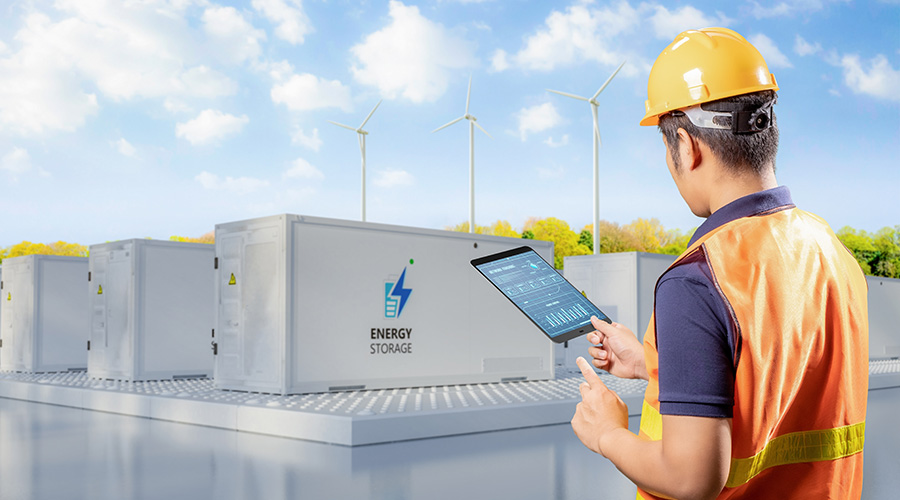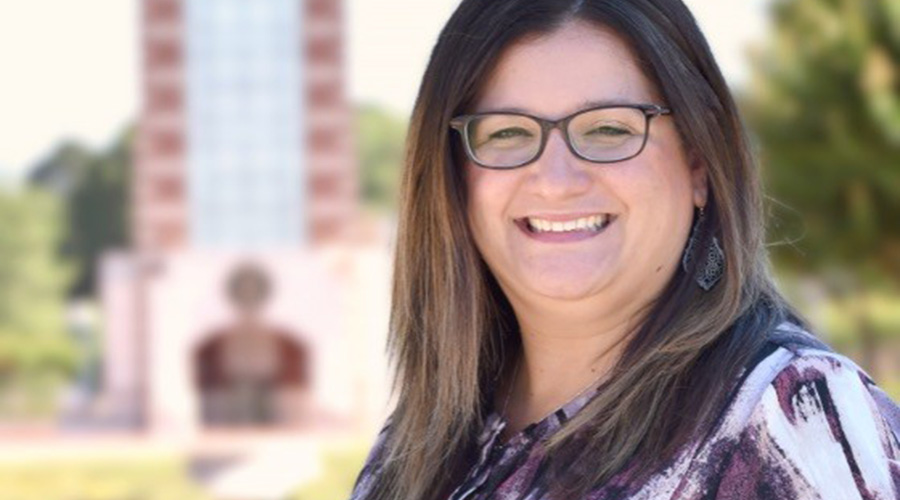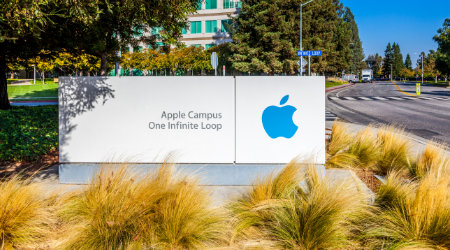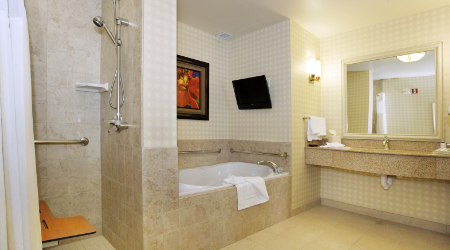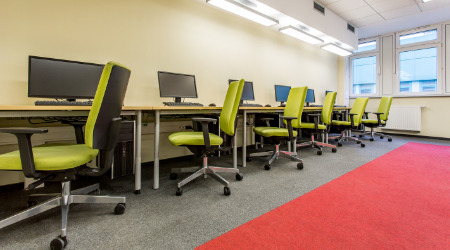
Case Study: Re-opening Schools By Improving Indoor Air
April 29, 2021
With two campuses serving approximately 700 students from pre-kindergarten through eighth grade, Memphis Scholars has a singular mission: to inspire and teach all students so every child has the opportunity to choose and achieve their future. Like so many schools around the world in 2020, that mission meant pivoting quickly to virtual learning platforms while also planning and preparing to reopen their buildings as safely as possible as soon as appropriate.
Executive Director of Memphis Scholars James Dennis says that although they are seeing great results with virtual instruction, particularly with the middle school learners, “Overall, the pathways to great instruction are better in person. We just know how to do it, and so we are constantly trying to figure out how and when to get back into our buildings.”
For many years, Memphis Scholars has relied on Siemens as its partner in building systems and infrastructure, modernizing the buildings and addressing a range of facilities needs from HVAC to fire and life safety. Angela Goodin, Managing Director of Finance and Operations, reached out to her Siemens team to engage in a series of conversations about how to safely bring students and faculty back into the buildings.
To complement a range of other mitigation strategies at Memphis Scholars, Siemens and Goodin concluded that implementing the needlepoint biopolar ionization solution would achieve their goals while also providing a cost-effective and easy-to-implement solution.
Prior to installation, Siemens conducted a Smart Air Quality test to record the number of particulates in the air, a test which would be repeated after the solution was fully installed. Then Siemens installed needlepoint bipolar ionization generators at all the air handlers and classroom units for both Memphis Scholars campuses.
“When the CDC guidelines for re-opening came out,” says Dennis, “they talked about five mitigation strategies to do so safely. We’ve been able to implement strategies for all of these areas, and the ionization solution is an important part of this effort. COVID-19 is a respiratory illness, so combined with masks, something that can deactivate viruses in the air is a top priority for us.”
In fact, Dennis says that, were it not for Siemens implementing the needlepoint bipolar ionization technology for Memphis Scholars campuses, he would not have felt as comfortable bringing students and faculty back into the building – despite all that students miss out on when they’re not learning in person.
“It’s an invisible technology, but it’s not new," says Goodin. "What convinced us was the fact that it’s been tried and tested in hospital environments. That helped us rest assured that we were making the right choices in terms of bringing our kids and their families back to school.”
To assess the effectiveness of the needlepoint bipolar ionization solution, Siemens engineers repeated the Smart Air Quality particle test in designated locations throughout the building.
Dennis emphasizes that parents need to make decisions about going back to in-person learning on their own and based on what works best for their families.
“And for the parents who are ready to come back, they’re more comfortable knowing that we have taken the time to do a smart re-opening,” he says.
Because Memphis Scholars relies on Desigo CC, Siemens integrated building management system, they have visibility into how the HVAC systems are working.
“This is the clearest evidence that ionization is working: People are not getting sick due to transmission in our building," says Dennis. "It’s an important statistic, and one that we can attribute in large part to this technology.”
Next
Read next on FacilitiesNet






